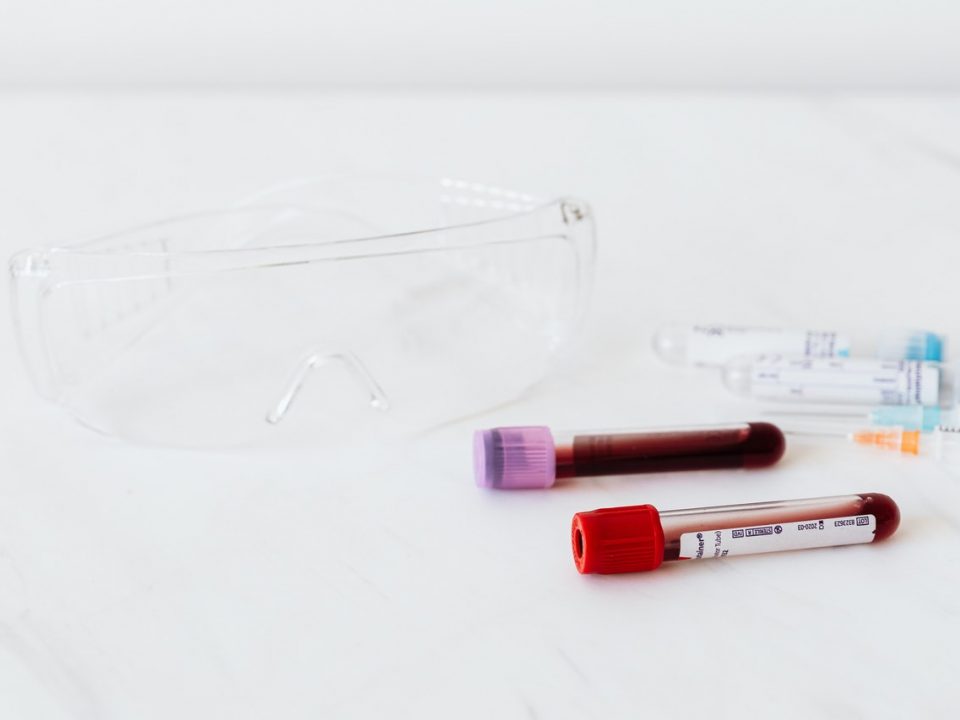Eating sooner after a tummy tuck
Dental Veneers – the lowdown
Scientists have reported that they have uncovered a biological switch where stress can promote obesity. The findings may help us understand why the world has a burgeoning weight problem and may lead to new ways to dissolve fat or manipulate fat in cosmetic surgery procedures.
Researchers ran a series of experiments on mice and were able to show that a neurochemical pathway promoted fat growth in stressed out mice that ate the equivalent of a junk food diet. Researchers then showed that blocking these signals could help prevent the fat from being stored and could actually help shrink the fat deposits. Stimulating the neurochemical pathway could also strategically create new fat deposits. These breakthroughs could have immense repercussions in the cosmetic surgery world, possibly offering an alternative to liposuction, or may offer a way of moulding areas of fat to create a firmer silhouette, more youthful face or bigger breasts.
However, the effects of this approach are as yet unknown as the technique has yet to be performed on human beings. The findings do, however, possibly explain why waistlines, particularly in the western world, are increasing. We tend to lead very stressful lives and there is a lot of cheap, high-fat food on the market. These new findings show that the stress could be having a big adverse effect on our weight.
Researchers have already started the patent application process and have already begun talks with several large drug companies with a view to licensing the technology. It is predicted that studies in humans could begin within the next couple of years.
In the past, studies have shown that acute stress can cause people to lose weight, however chronic stress may cause weight gain. To test this theory, researchers subjected some of the mice to chronic stress – by either standing them in cold water for an hour or caging them with a more aggressive mouse – and gave some standard food, and the others a high-fat, high-sugar feed. After two weeks, the stressed mice who were fed the junk food diet gained a significant amount of weight – none of the other mice did. Even worse, the stressed, junk-food eating mice put on fat around their abdomens, the worst place to have fat, and it was laden with hormones and other bad chemical signals. After three months, the mice were classed as obese and were found to be suffering from problems such as high blood pressure, early diabetes and high cholesterol – all problems that obese humans often suffer.
Researchers also examined the fat tissue of the affect mice and discovered that there were elevated levels of neuropeptide Y (NPY). Researchers then injected a substance that blocks NPY into the stressed out junk-eating mice. They found that not only did this prevent fat accumulation in the mice, it also was able to shrink some fat deposits by up to 50% in two weeks. If applied to humans, this could provide a non-invasive alternative to liposuction.
Injecting NPY under the skin of mice and monkeys also showed that fat growth could be stimulated. The approach could possibly replace skin fillers and wrinkle creams as well as help in reconstructive surgery.
As yet, no adverse side effects have been noted in either the mice or monkey subjects however this does not guarantee that the techniques would be safe for humans.





